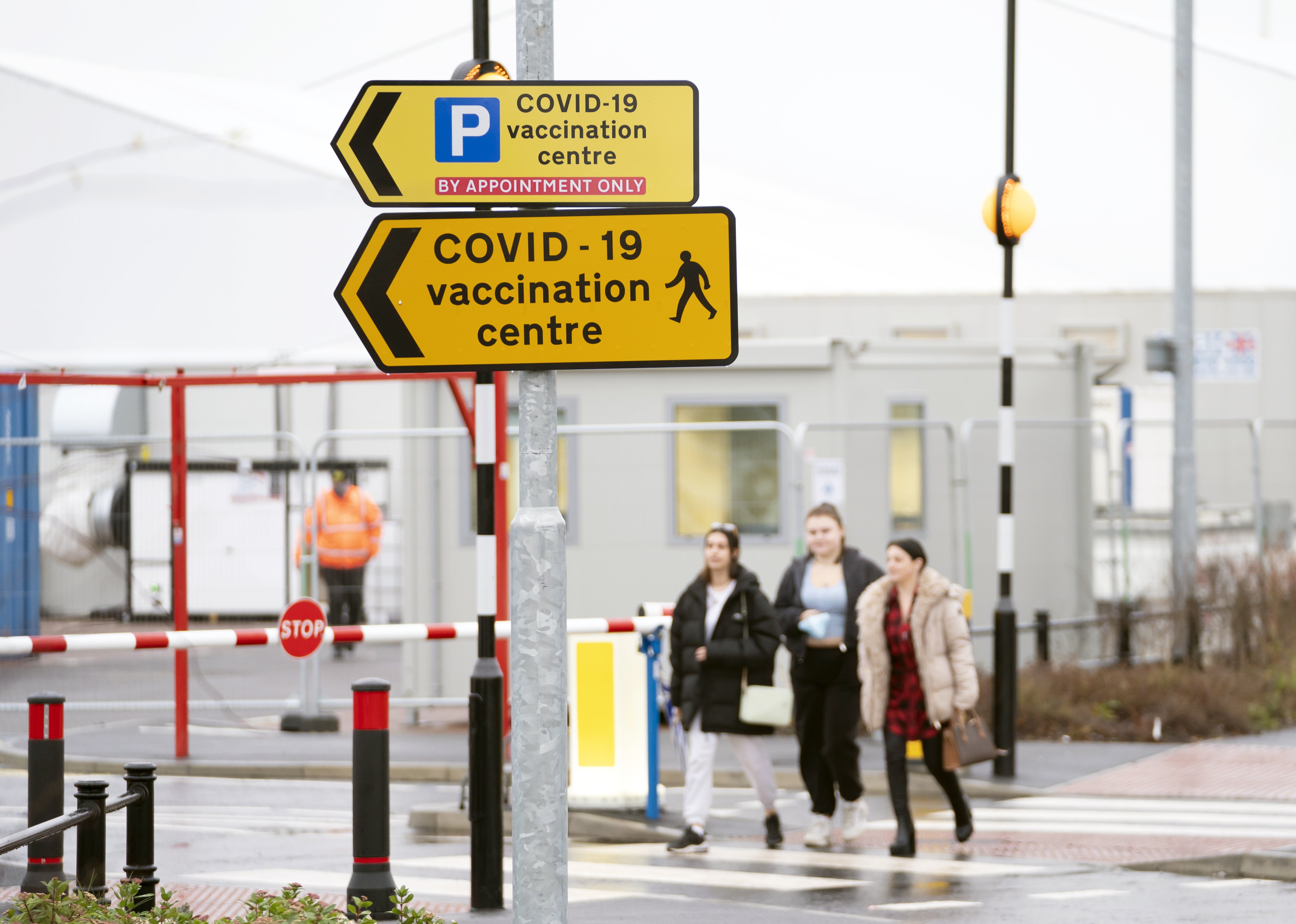Risk of Covid-19 death ‘93% lower’ for fully-vaccinated people than unvaccinated
It is 81% lower for those who have received only two doses.

Your support helps us to tell the story
From reproductive rights to climate change to Big Tech, The Independent is on the ground when the story is developing. Whether it's investigating the financials of Elon Musk's pro-Trump PAC or producing our latest documentary, 'The A Word', which shines a light on the American women fighting for reproductive rights, we know how important it is to parse out the facts from the messaging.
At such a critical moment in US history, we need reporters on the ground. Your donation allows us to keep sending journalists to speak to both sides of the story.
The Independent is trusted by Americans across the entire political spectrum. And unlike many other quality news outlets, we choose not to lock Americans out of our reporting and analysis with paywalls. We believe quality journalism should be available to everyone, paid for by those who can afford it.
Your support makes all the difference.The risk of death involving Covid-19 is 93% lower for people who have had a booster or third dose of vaccine compared with unvaccinated people, new research suggests.
Mortality rates for coronavirus deaths were found to be “consistently lower” across all age groups for those who had received an extra dose compared with those who had received no doses, according to the Office for National Statistics (ONS).
The research used age-standardised mortality rates, which take into account differences in age structure and population size, to allow for comparisons between vaccination groups.
Among fully-vaccinated people in England who had received a booster or third dose at least 21 days previously, the age-adjusted risk of death involving Covid-19 between July and December last year was 93.4% lower compared with unvaccinated people, while it was 81.2% lower for those who had received only two doses.
For much of 2021, mortality rates for death involving Covid-19 for people who had received two doses of vaccine remained well below the equivalent figures for people who were unvaccinated, the ONS found.
But rates among double-jabbed people started to increase at the end of last year, jumping from 92.0 deaths per 100,000 in October to 221.1 in November and 367.7 in December.
This may have been driven by a change in the composition of the double-jabbed group, with most older people having received a booster or third dose by this point, the ONS said.
It might also be connected to “waning protection from prior vaccination”.
While the Covid-19 mortality rate for unvaccinated people stood at 462.2 per 100,000 in December, it was just 33.1 for people within 21 days of an extra dose and 24.5 for those more than 21 days after an extra dose – far below the equivalent figures for those who were single-jabbed (377.7) and double-jabbed (367.7).
Mortality rates should not be taken as a measure of vaccine effectiveness, the ONS stressed.
The figures have been adjusted to account for differences in age and population size, but there may be other differences between the groups, such as underlying health issues, that could affect mortality rates.
The research also found that from July to December 2021, rates for people who had received only one dose of vaccine were similar to those for unvaccinated people, particularly for older age groups.
This was possibly because of the longer length of time since people had received a first dose, leading to waning protection from prior vaccination.
It may also be due to “the exclusion of people who had received a first and third dose but not a second dose from the analysis, because of incomplete vaccination records,” the ONS added.